Email: [email protected]

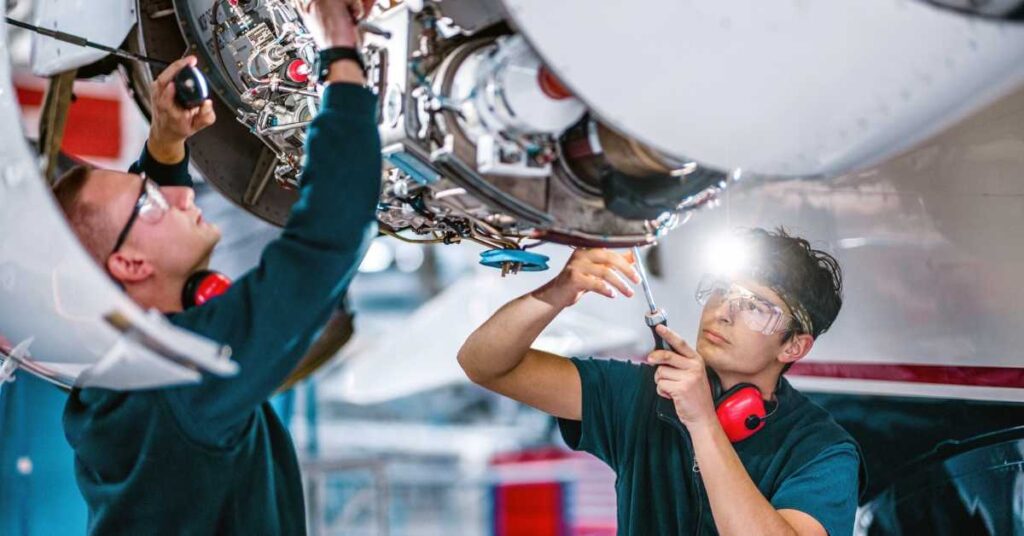
A career in aviation maintenance offers a thrilling blend of technical challenge, personal reward, and professional growth. As the backbone of the aviation industry, aircraft maintenance technicians, aviation mechanics, and aerospace engineers play a vital role in ensuring the airworthiness and safety of aircraft, making their role paramount to protecting passengers and crew.
With the demand for air travel increasing, the need for skilled aviation maintenance technicians, aircraft mechanics, and aerospace engineers is on the rise. Understanding aviation regulations, aviation maintenance training, aircraft repair and overhaul, quality control in aviation, aviation safety management, aircraft inspection and testing, and aviation maintenance software is crucial.
Staying up-to-date with emerging technologies, aviation technology advancements, and air transport industry developments is also vital. In this comprehensive guide, we’ll explore 10 essential aspects of a career in aviation maintenance, including aviation maintenance jobs, aerospace engineering, and aviation technology.
The job outlook for aviation maintenance technicians is exceptionally strong, with a high demand for qualified professionals. It is predicted that the industry will need over 14,000 new technicians annually through 2030 to replace retiring workers and meet growing demands.
This represents a 13% growth rate, much faster than the average for all occupations. The increasing demand is driven by the rising number of commercial aircraft, the need for regular maintenance and repairs, and the retirement of baby boomer-era technicians. This creates a wealth of opportunities for those entering the field, with job security and advancement potential.
To become an aviation maintenance technician, you’ll need to complete a training program at an aviation school. These programs offer hands-on training and classroom instruction, covering subjects like aircraft systems, engines, and electronics. Most programs lead to an associate’s degree or certificate, and typically take 2 years to complete.
Some schools also offer specialized training in areas like avionics or composites. After graduation, you’ll be prepared to pass the aviation certification exam and start your career. It’s important to research and choose a reputable aviation school that aligns with your career goals.
Aviation certification is a crucial step in becoming a licensed aviation maintenance technician. To obtain certification, you’ll need to pass a written and practical exam administered by the aviation body. The written exam covers topics like aircraft systems, regulations, and safety procedures. The practical exam tests your hands-on skills, such as inspecting and repairing aircraft components.
There are several certification levels, including the Airframe and Powerplant (A&P) certificate, which is the most common. Certification requires a minimum of 18 months of training and work experience, and must be renewed every 24 months by completing continuing education requirements.
The salary potential for aviation maintenance technicians is significant, with median salaries ranging from $50,000 to over $100,000 depending on experience, location, and employer. Entry-level technicians can expect to start around $40,000-$60,000, while experienced technicians can earn upwards of $80,000-$120,000.
Lead technicians, inspectors, and shop managers can earn even higher salaries, up to $150,000 or more. Additionally, many employers offer benefits like health insurance, retirement plans, and paid time off. With experience and certifications, technicians can increase their earning potential and enjoy a comfortable and secure career in aviation maintenance.
As an aviation maintenance technician, you’ll have the opportunity to work on a diverse range of aircraft and systems. From small single-engine planes to commercial airliners, and from engines and landing gear to avionics and electrical systems, the variety of work is vast. You may specialize in a specific area, such as helicopter maintenance or aircraft interiors, or work on a broad range of aircraft types.
Additionally, you may work on different models and generations of aircraft, each with its unique characteristics and challenges. This variety keeps the job exciting and challenging, and requires continuous learning and adaptation.







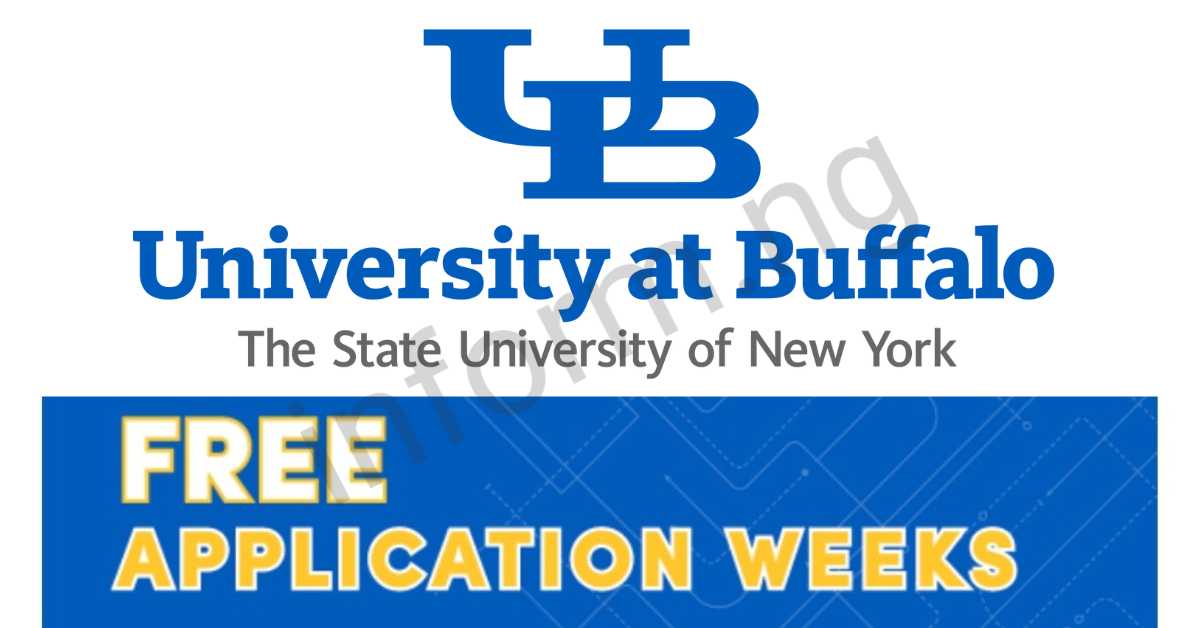
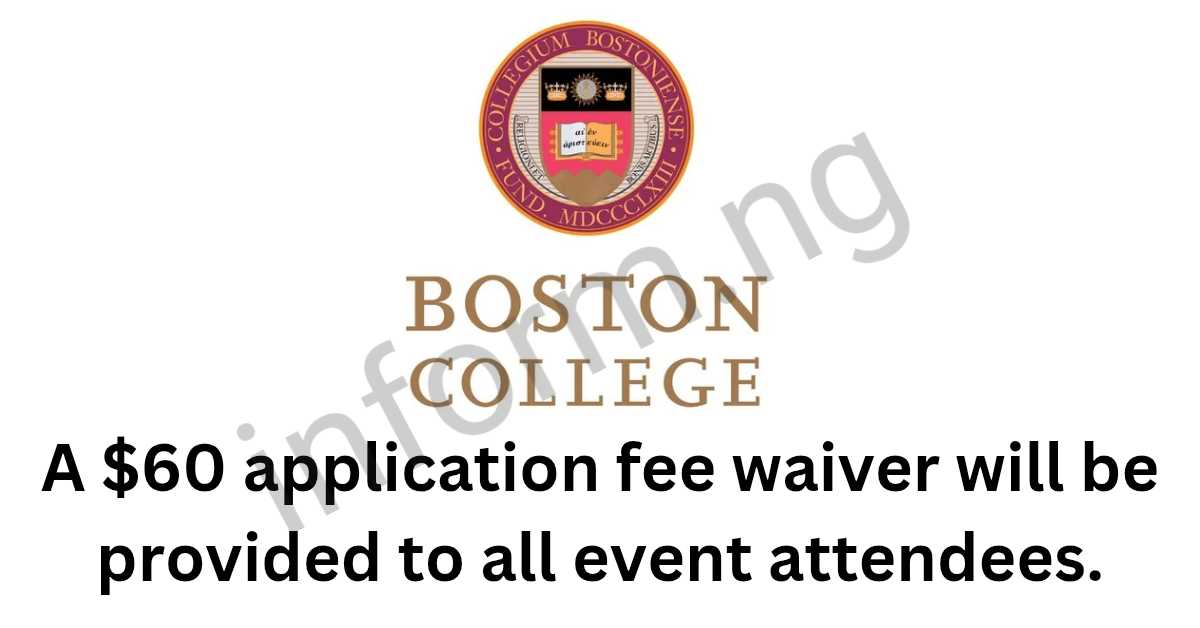

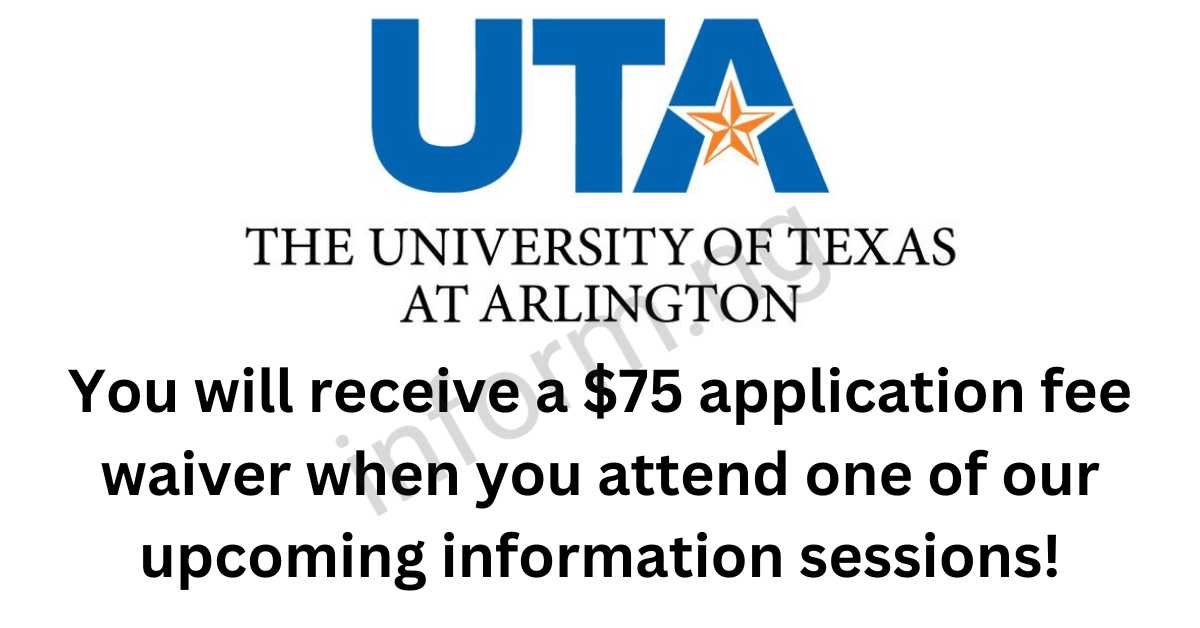
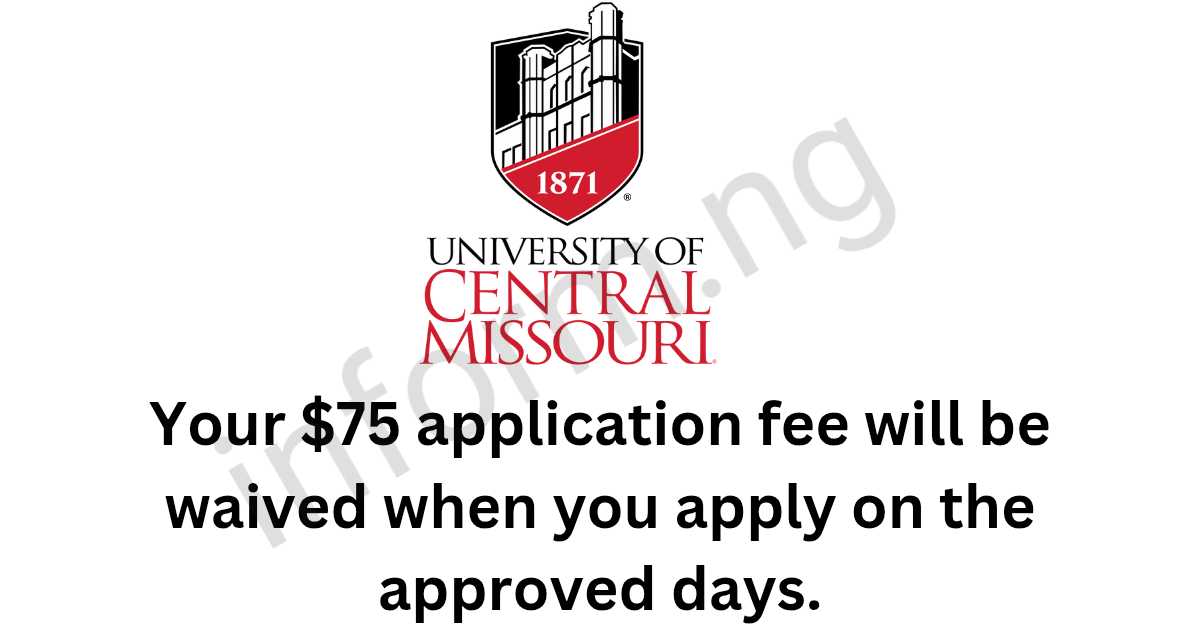
To provide the best experiences, we and our partners use technologies like cookies to store and/or access device information. Consenting to these technologies will allow us and our partners to process personal data such as browsing behavior or unique IDs on this site and show (non-) personalized ads. Not consenting or withdrawing consent, may adversely affect certain features and functions.
Click below to consent to the above or make granular choices. Your choices will be applied to this site only. You can change your settings at any time, including withdrawing your consent, by using the toggles on the Cookie Policy, or by clicking on the manage consent button at the bottom of the screen.
